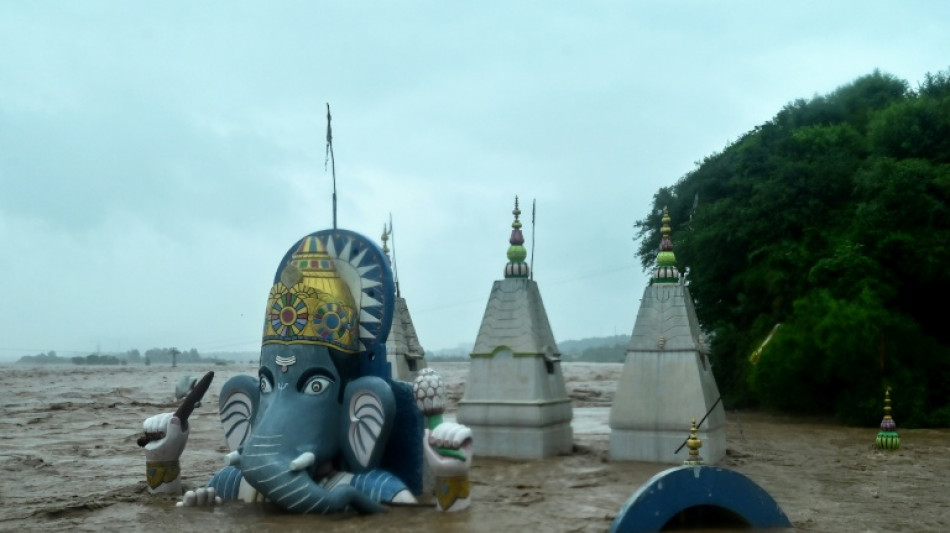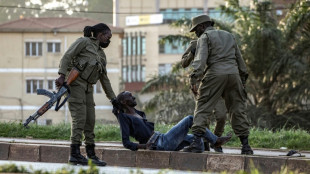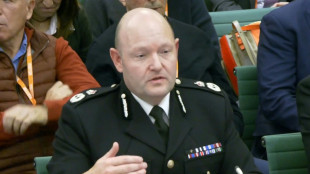

Floods, landslides kill at least 30 in India's Jammu region
Floods and landslides triggered by heavy rains have killed at least 30 people in India's Himalayan region of Jammu and Kashmir, officials and local media said Wednesday.
An intense monsoon rainstorm in the Indian-administered territory has caused widespread chaos with raging water smashing into bridges and swamping homes.
A landslide on the route to the famous Hindu shrine Vaishno Devi killed at least 30 people, a local disaster official told AFP.
Prime Minister Narendra Modi said the loss of lives was "saddening".
Floods and landslides are common during the June-September monsoon season, but experts say climate change, coupled with poorly planned development, is increasing their frequency, severity and impact.
Climate experts from the Himalayan focused International Centre for Integrated Mountain Development (ICIMOD) warn that a spate of disasters illustrates the dangers when extreme rain combines with mountain slopes weakened by melting permafrost -- and building development in flood-prone valleys.
ICIMOD warned in a statement this month that the wider Hindu Kush Himalaya region is suffering "accelerated glacier melt, shifting weather patterns, and an increasing frequency of disaster events" including floods.
The local administration said Wednesday that thousands had been forced to flee in the Jammu region.
Schools have been shut in the area, with the region's Chief Minister Omar Abdullah saying officials were struggling with "almost nonexistent communication".
The main Jhelum river in the Kashmir valley has also risen above the danger mark with authorities sounding flood alerts, including for the key city of Srinagar.
On August 14, powerful torrents driven by intense rain smashed into Chisoti village in Indian-administered Kashmir, killing at least 65 people with another 33 missing.
Floods on August 5 overwhelmed the Himalayan town of Dharali in India's Uttarakhand state and buried it in mud. The likely death toll from that disaster is more than 70 but has not been confirmed.
H.León--ECdLR






